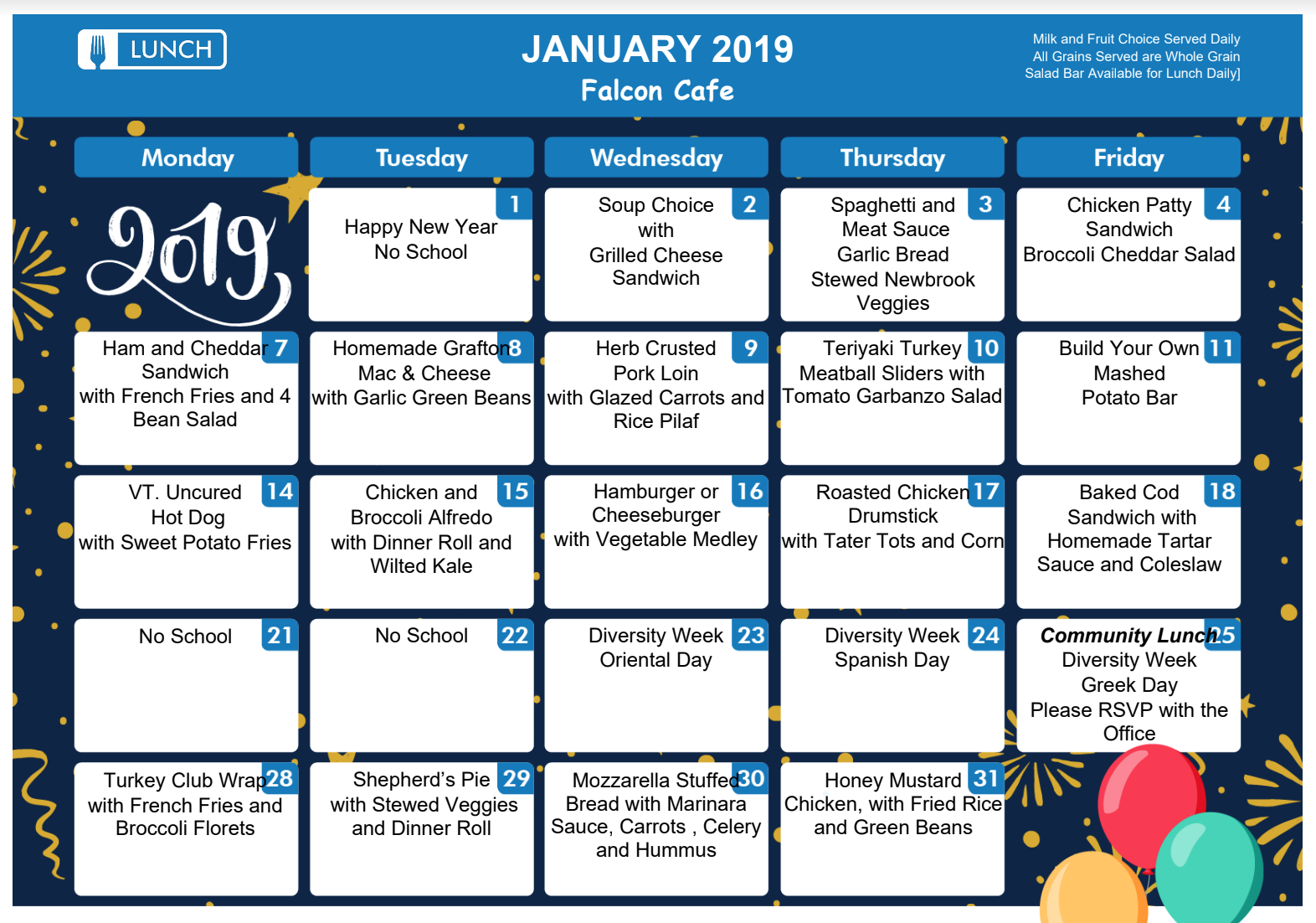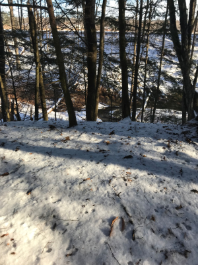What was this land in Sioux Falls like before it was stolen from the Dakota Sioux and turned into farmland for white immigrants? My heart hurts to think of these peoples forced relocation to reservations, the massacre of their community that took place at Wounded Knee, and the cultural genocide that occurred for over one hundred years as thousands of native families were forced to place their children in Indian boarding schools whose goal was to “kill the Indian, save the man.” These are just a few examples of the deep harm that was caused to the original people of this land.
Who were the poor white farmers that lost the land in the 1920s? How did they recover from their loss of land and livelihood? Who were the tenant farmers that actually worked the land while it was under the ownership of my great grandfather and his descendants? How did they manage during the Dust Bowl era? How were they treated by my family? I would like to know the stories of all the other people who were connected to this land.
How would Ian Ryan’s life and the legacy my family inherited have been different without the Potato Famine, the Louisiana Purchase, the Homestead Act, and the 1920s Farm Crisis? What debt does my family and other owning-class families owe to native people in this country for the land that we stole?
Onika Abraham encouraged us to share the stories of our ancestors and their relationship with the land because these stories would shine a light on the roots of oppression of our current food system, strengthening our resolve to change the system to make it more equitable and just for all people. To be honest, I hesitated about whether to share this story because it made me uncomfortable to admit publicly that my own family has benefitted from the oppression of others. But as a white person in the US, of course, this is a piece of my story...how could it not be? Debby Irving says in her book Waking Up White that, “No one alive today created this mess, but everyone alive today has the power to work on undoing it.” What am I going to do with my power?
Now that I know more of my own history, I plan to use this heightened awareness of my privilege in my work and my life to transform the very system that has benefitted my family and oppressed so many others. My first step has been to become vulnerable and share my history with all of you, rather than following my first instinct to sweep it under the rug because of my feelings of shame about my privilege. To quote again from Waking Up White,
“I can’t give away my privilege. I’ve got it whether I want it or not. What I can do is use my privilege to create change. I can speak up without fear of bringing down my entire race. I can suggest change with less fear of losing my job. If I lose my job, I have a white husband who can support me because he’s a white man who had access to education and now has access to employment...I believe America is rich with white people clamoring to demonstrate their moral courage and be part of a change that creates the kind of world we can feel good about leaving to our children.”
No matter who you are or what your family’s history of farming is, I invite you to share that story with me and with others. Sharing stories is an important step along the path of our collective healing from the ingrained cultural systems of oppression that are so pervasive. To quote one more time from Tiffany McClain’s blog post, “...There are an increasing number of spiritual leaders and trauma specialists who stress the need for white people to examine and heal their own racial wounds. Something has to happen within one’s psyche in order to participate in, look away from, or become numb to the pain of others—especially pain imposed on entire groups of people...The psychic impact has been passed on from generation to generation just as indigenous people and people of color experience inter-generational trauma.”
For me, sharing this story has helped me take a step away from guilt, shame, and avoidance of the painful story of my ancestors and toward an openness to the truth of our history and a willingness to work together to create a better future. I hope that you will join me!
By: Sheila Humphreys, Farm to School Coordinator
*Name changed at the request of a family member.

























